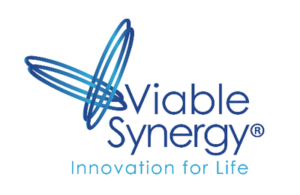Data In Use From Public Health to Personal Fitness
Excerpt from Andy Oram’s article in O’Reilly Radar: http://radar.oreilly.com/2012/06/data-in-use-from-public-health.html
Back in 2010, the first health data initiative forum by the Dept. of Health and Human Services introduced the public to the idea of an agency releasing internal data in forms easy for both casual viewers and programmers to use. The third such forum, which took place last week in Washington, DC, was so enormous (1,400 participants) that it had to be held in a major convention center. Todd Park, who as CTO made HHS a leader in the open data movement, has moved up to take a corresponding role for the entire federal government. Open data is a world movement, and the developer challenges that the HDI forum likes to highlight are standard strategies for linking governments with app programmers.
Following my attendance at a privacy access summit the previous day, the HDI forum made me think of a government bent on reform and an open-minded public crossing hands over the heads of the hidebound health institutions that blunder onward without the benefits of tapping their own data. I am not tossing all hospitals, doctors, and clinics into this category (in fact, I am constantly talking to institutions who work with available data to improve care), but recording and storage of information in health care generally retards anyone interested in change.
I talked to Sunnie Southern, a cofounder of a Cincinnati incubator called Innov8 for Health. They offer not only challenges for new apps, but guidance to help developers turn the apps into sustainable businesses. The organization also signs up local hospitals and other institutional users to guarantee a market to app developers. Southern describes Innov8 for Health as a community-wide initiative to support local developers and attract new ones, while maintaining deep roots among multiple stakeholders across the health care, university, startup, investors, and employer stake holders. At the inaugural class, which just took place, eight companies were chosen to receive intensive mentoring, introductions and connections to potential customers and investors, and $20,000 to start their company in 12 weeks. Health data is a core element.


